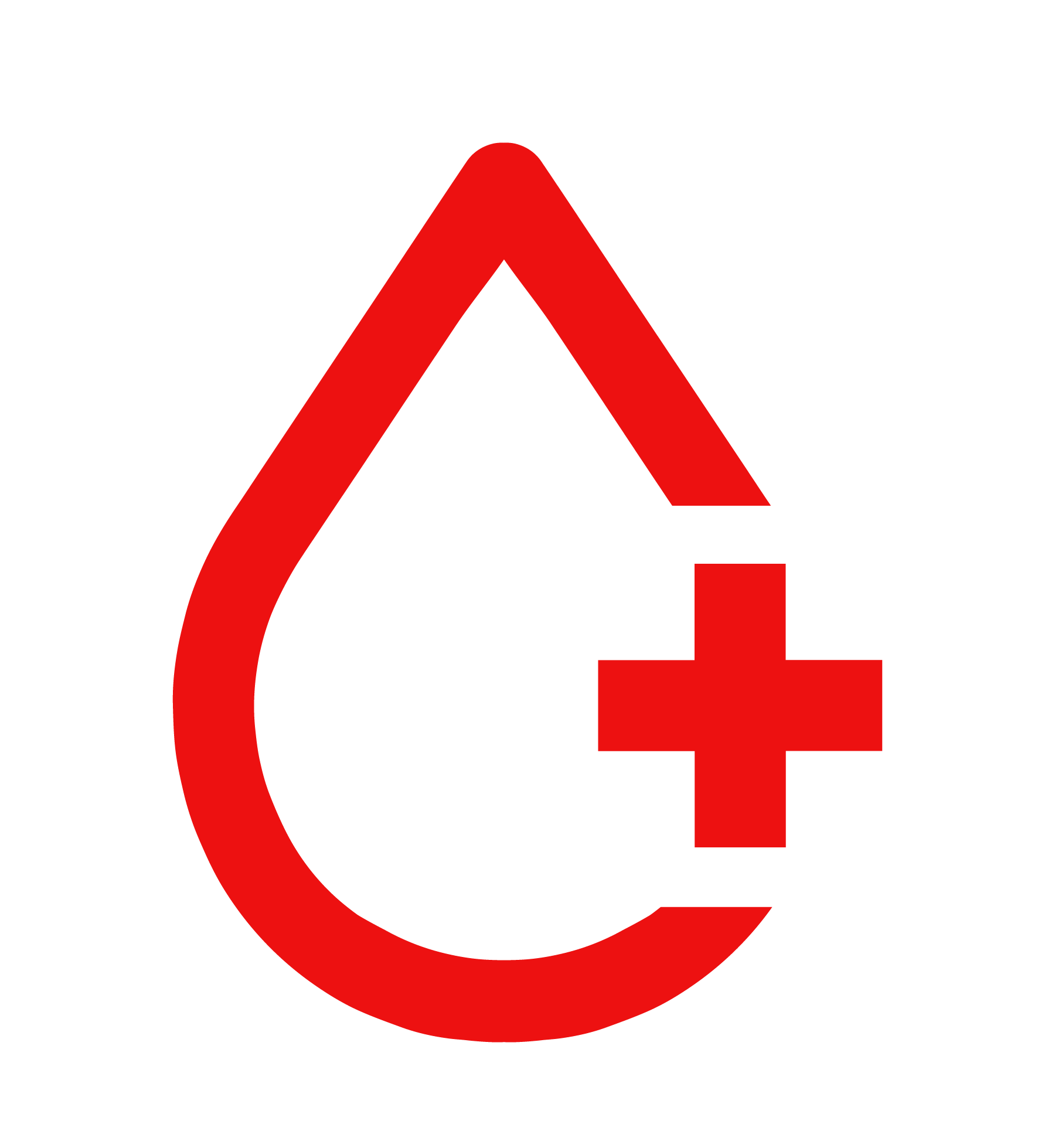
Why Do You Need Electrolytes?
Ever wondered why hydration isn’t just about drinking water? When you sweat, you lose vital minerals like sodium, potassium, and magnesium, which are essential for muscle function, nerve signaling, and fluid balance. In fact, depending on your workout intensity, you can lose up to 1,000 mg of sodium per hour—which water alone won’t replace.

SUPERNATURAL. SUPERSALTY.
To properly rehydrate, your body needs electrolytes, not just fluids. That’s where SUPERsalty comes in—delivering 1,000mg of SODIUM, 200mg of POTASSIUM, and 60mg of MAGNESIUM in every sachet. Unlike traditional sports drinks and regular electrolyte tablets which are packed with sugar and additives, our formula is clean, effective, and designed for real performance - 4X MORE HYDRATING.
WHY is SODIUM IMPORTANT for my body?
Fluid balance
Imagine your body as a water balloon. Sodium acts like a bouncer, ensuring the right amount of water stays inside and outside your cells. With enough sodium, water is retained, keeping you hydrated, preventing cramps, and aiding recovery.
NERVE FUNCTION
Your nerves are messengers relaying texts between your brain and body. Sodium acts as the electrical current powering these messages, ensuring swift communication. When sodium is low, nerve signals slow down—much like the sluggish response during a hangover. In a healthy state, proper sodium levels boost nerve function, enhancing your body's responsiveness in several ways such as:
- Muscle Contraction
- Cardiovascular Response
- Respiratory Response
- Temperature Regulation
- Coordination and Balance
- Pain Perception
Muscle function
Muscles rely on sodium and potassium to contract and relax. Think of them as on/off switches—without enough sodium, your muscles can’t fire properly, leading to fatigue, cramps, and slower recovery.





